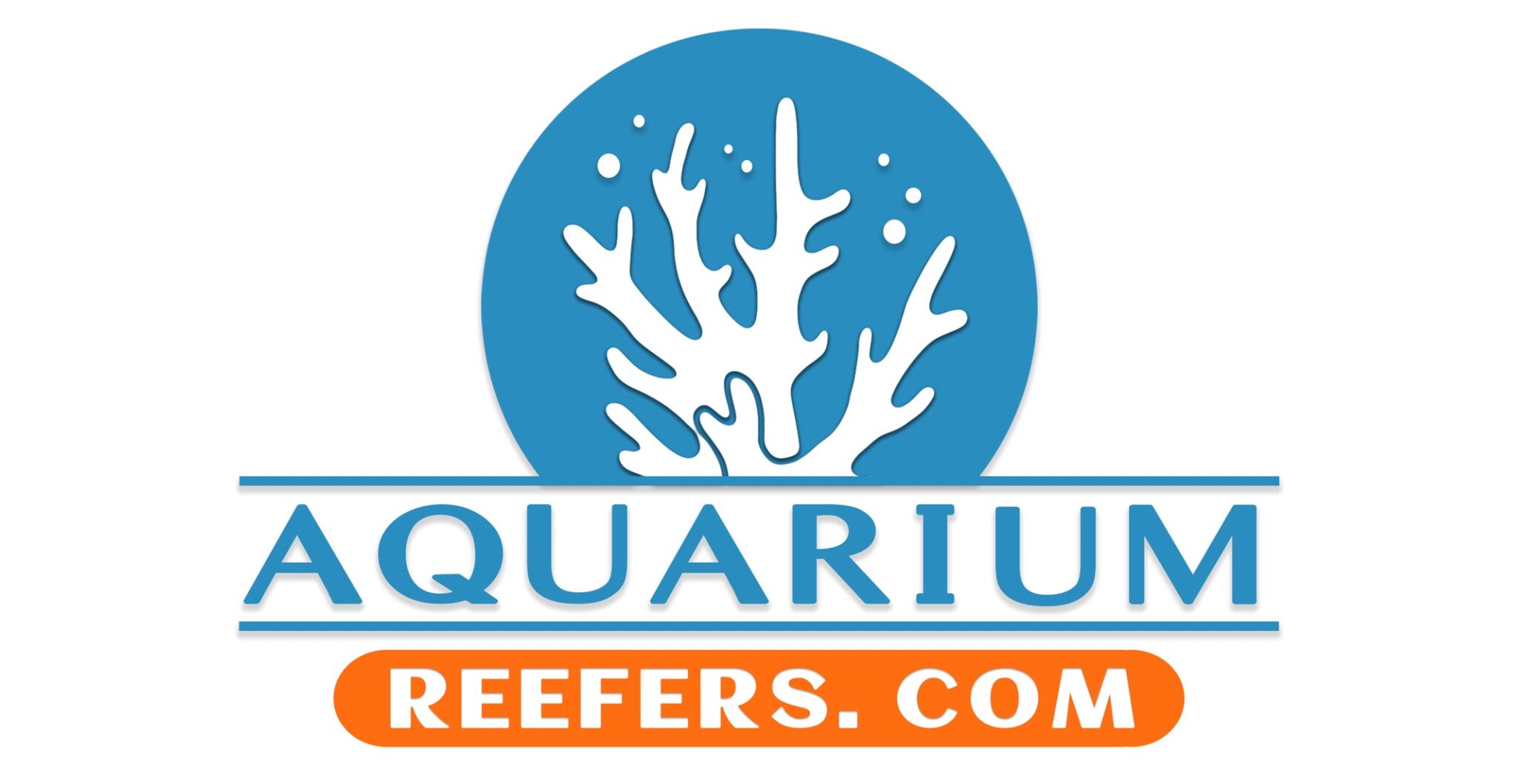Description
Orange Skunk Clownfish are absolutely adorable. Compared to most clowns, these fish are very different. This is due to them lacking vertical stripes or patterns. As the name suggests, Orange Skunks sport a bright white stripe on their back, which runs from their nose to tail. The white stripe is very prominent against the clown’s warm orange body, as are their white eyes. Juvenile fish have white fins, but these turn orange over time.
Orange Skunk Clownfish Ecology:
In nature, Orange Skunk Clownfish form strict hierarchies, where the dominant fish is female. In the absence of a matriarch, a larger male clown will change gender and become the new boss. When it is time to lay eggs, the breeding pair will clear an oval shaped space for brood to go. The male Orange Skunk Clownfish take up the job of guarding and fanning the eggs. Success of the brood depends on how attentive the subordinate males were.
Famously, Clownfish share a symbiotic relationship with anemones. The Anemones offer the clownfish protection against predators. This is so, because anemones have stinging cells called nematocysts. Clownfish have protective mucus coats, which prevents the host from stinging them. In return, the Orange Skunk Clownfish brings in food and keeps the Anemone free from parasites.
Clownfish are omnivorous, they will eat some algae and small meaty foods such as zooplankton or larvae.
Clownfish: In the Aquarium:
Orange Skunk Clownfish do best when fed a varied diet. They will accept frozen Mysis shrimp and enriched frozen brine shrimp. They will also devour live foods, such as copepods and amphipods, that can be cultivated in attached refugium. Over time they will accept high-quality pellet and flake. We adapt all our Clownfish to aquarium life before they leave us. We focus on their health, and most are eating a good quality flake food and/or pellet, such as JBL Maris, before being offered for sale.
The Fish pictured here are representative only and the livestock you receive may vary in pattern, coloration, and shape.












Reviews
There are no reviews yet.